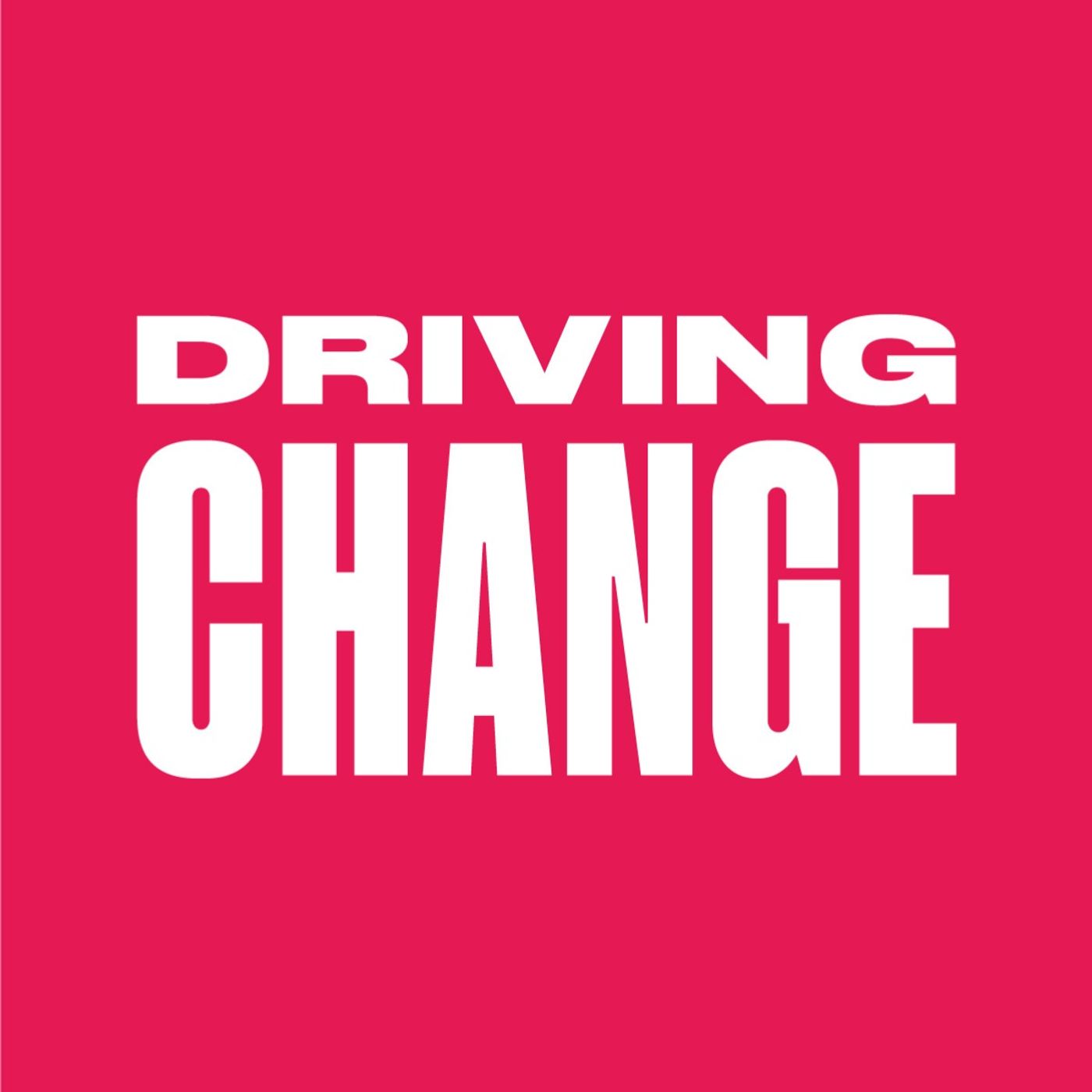

Public policy impacts everyone’s life, for better or worse.
The decisions taken by faceless civil servants have a lasting impact on the lives of every person on the planet and on the health of the planet itself. Yet beyond high profile officials, very few people know or appreciate the individuals who have dedicated their lives to creating and implementing the policies that change the world around us.
We feel it’s time to change that.
Join us each week as we interview the practitioners of public policy, discuss the work they do, and its impact on the world.
È italiana l’internet delle merci, una rivoluzione dei trasporti pronta per essere realizzata. Si chiama Pipenet, è una rete di tubi sottovuoto nei quali viaggeranno capsule a levitazione magnetica a 1500 chilometri all’ora su tutto il territorio nazionale, e in prospettiva europeo.

